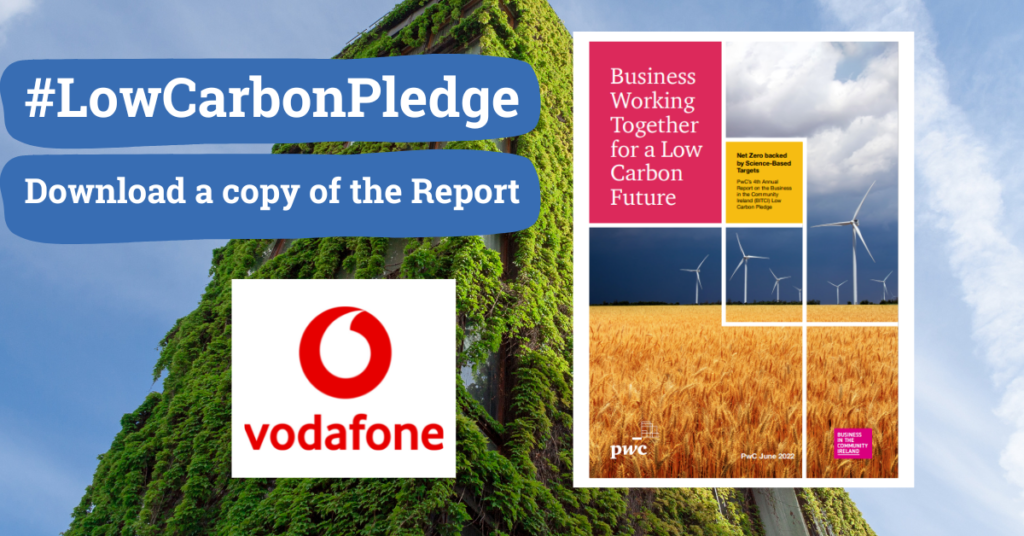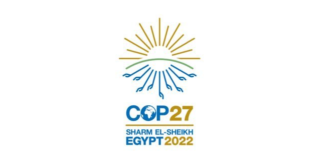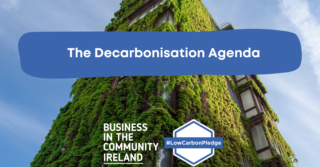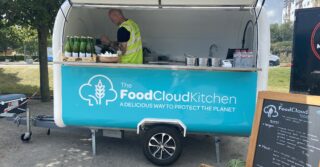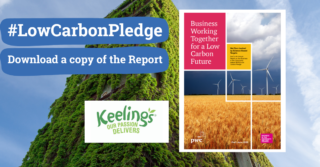Incorporating sustainability at board level with Vodafone
Vodafone, as one of the world’s leading ICT companies, provides a strong example of how a company is successfully integrating ESG and sustainability considerations with its commercial / corporate strategy. To help the company realise its sustainable business strategy and goals, Vodafone has identified three purpose pillars to underpin its commercial activities:
- Inclusion for all – enabling the digital society to be accessible to all, with nobody left behind
- Planet – ensuring commercial success does not come at a cost to the environment
- Digital society – connecting people, place and things through gigabit fixed and mobile networks
The journey to Science Based Targets
Vodafone’s SBTs are underpinned by a combined Net Zero and SBT strategy. Vodafone’s SBT journey has been informed by a number of key actions. The company’s governance structure has been a key enabler of the company’s SBT journey. The ExCo has overall accountability to the Board for Vodafone’s sustainable business strategy and regularly reviews progress and was responsible for signing off on Vodafone’s SBTs. In 2021, the Board established a new Committee of the Board, the ESG Committee. The objectives of the ESG Committee includes the oversight of Vodafone’s ESG programme including monitoring progress against KPIs and external ESG index results. The ESG Committee meets twice yearly and has 3 board directors. In parallel the Audit and Risk Committee are responsible for TCFD business risks. Joint ARC and ESG Committee meetings provide a mechanism for cross function ESG analysis and engagement and the avoidance of ‘group think’. With the chair of the ARC also sitting on the board of HSBC, Vodafone identify this as an important benefit as the Chair’s external experience can provide additional external perspectives.
Vodafone utilised Datamaran’s materiality analysis to inform their understanding of ESG, geopolitical, technology and emerging issues and stakeholders’ consideration (Investors, governments and regulators, local communities and NGOs, suppliers and customers, employees). From a commercial perspective, Vodafone recognised the emerging evidence that consumers are becoming ESG engaged. In addition, with the EU Green Deal identifying a critical role for ICT in supporting delivery of the EU’s decarbonisation ambitions, Vodafone believed that it would be challenging to access Green Deal project funding without having a credible sustainability strategy including SBTs.
With an industry wide commitment to SBTs, Vodafone also recognised the benefit to being first mover. The GSMA, in collaboration with the Global Enabling Sustainability Initiative (GeSI), the International Telecommunications Union (ITU) and the SBTi, developed an industry pathway for ICT companies to set SBTs. Vodafone was the first ICT operator / member of GSMA to use this SBT pathway.
Vodafone’s aims to realise its net zero ambition by 2040, bringing forward by 10 years Vodafone’s original 2050 ambition to reach net-zero across its full carbon footprint.
Scope 1 and scope 2 emissions were previously targeted to achieve net-zero by 2030. Energy efficiency improvements and renewable electricity are key to these objectives. However, by 2021 Vodafone had established itself as a totally Green Network within Europe powered by 100% renewable electricity. Whilst Vodafone would like to have a global Green Network by 2025, this ambition is constrained by external factors linked to the pace of renewable electricity availability. This is particularly pertinent in Africa where there are challenges with the transition to renewables due to ‘just transition’ factors with very high employment in the coal sector.
Vodafone aims to achieve a 50% reduction in Scope 3 emissions by 2030. Improving data collection is identified as critical to reducing emissions associated with purchased goods and services (e.g. network infrastructure, handset devices). Procurement procedures which attach a 20% weighting to ESG focused criteria when evaluating suppliers are also central to Vodafone’s scope 3 reduction strategy (e.g. suppliers that have set SBTs or provided CO2 data and reduction pathways are scored positively). Vodafone are also using CDP to support evaluation of their suppliers.
In parallel to its net zero ambitions, Vodafone aims to use its network, technologies and services and products it offers to consumers and customers can support them in achieving their own ESG ambitions. Vodafone’s aims to support its customers to reduce their emissions by 350Mt between 2020 and 2030. IoT is helping customers reduce their emissions in different ways. For logistics, IoT can be used to identify optimal delivery routes to save time, optimising fleet management and productivity and decreasing fuel consumption. With Smart Metering meters can be managed remotely reducing the need to physically send people to record the latest information, thereby supporting reductions in carbon footprints.
MyFarmWeb, an interactive cloud-based web platform, uses IoT technology to capture data and information, from the soil of a farm through to agricultural markets, into a system which supports analysis of that data. This can support farmers and agricultural businesses with best practice decision making resulting in environmental benefits including optimised crop management, fertiliser usage and reduced energy consumption. While the MyFarmWeb platform was originally built in South Africa, it is now being used in Ireland by Dairygold.
Vodafone has yet to develop an offset strategy. However, the company wish to minimise the role of offsets in their net zero strategy and are focused on reducing their emissions footprint.
Advice to other businesses
Vodafone identify Governance structures and early engagement with a company’s financial function as being integral steps to SBT, Net Zero and ESG strategy development. SBT, Net Zero and ESG commitments can incur significant investments and costs. Whilst it is critical that the finance team are informed of the costs of SBTs and Net Zero, it is equally important that they understand the costs of not making such investments and the impact that this could have on the company’s long-term commercial strategy, positioning with consumers and peers and regulatory exposure.
Download the Low Carbon Pledge report.
